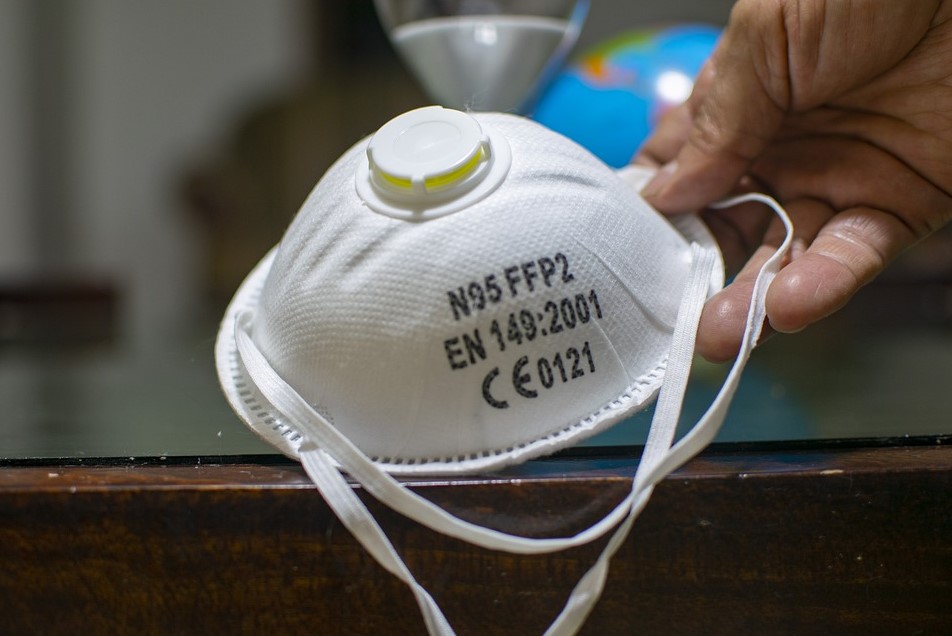The month of August has not been good for the province’s fight against the COVID-19 pandemic.
Over 1,600 cases have been reported in August for the province, which is over 30 per cent of all COVID-19 cases in B.C.
That increase in the number of cases could lead to a second wave spreading across the province.
With that possibility, Dr. Albert de Villiers, the Chief Medical Health Officer for the Interior Health Region, said that if the Cariboo region is going to continue its success, it’s going to be dependent on two things.
“One is we have the capacity within the healthcare system to actually do all the contract tracing, and make sure people are isolated,” he said. “I think we are working really hard at getting our capacity up for the fall and the winter so we will be able to deal with it.”
“It also depends on how well people are going to follow the guidelines,” de Villiers continued. “Staying home when you are sick, keeping your hands clean, don’t touch your face, practicing social distancing, trying to avoid large gathering, and if you do get symptoms to get yourself tested. If people actually follow those really well, we will be able to maintain. If not followed well, we will have some more cases, we will probably have some outbreak, and some small clusters as well, like we had in Kelowna.”
de Villiers said that with school starting up he expects there to be cases, but feels that will everything the region has in place they will be able to control it.
“With our good contact tracing on the other side, we should be good,” he stated. “If we do everything, we did in January the way we did it then, with social gatherings, and not keeping our physical distance, and doing all the things we used to do. It won’t be good.”
Residents in the 20-39 age group have contributed to the majority of cases not just in August but throughout the whole pandemic in the province. The age group as contributed over 2,100 of the province’s cases. In the Interior Health Region, the 20-39 age group is responsible for 47 per cent of all cases in the region.
“The good things with that is that most of those people are relativity healthier to start off with, so if they do get COVID-19, they don’t end up in the hospital,” de Villiers explained. “By chance, if one of those 25-year-olds goes visits their parents or grandparents, and they get infected, it might have worse consequences. It’s not to say that if your healthier you can go do what you want to now because it isn’t over. We still need to protect each other by making sure none of us get infected as well.”
Despite it being a tough time for the province in August, the Interior Health Region saw improvements with just 52 cases, only three percent of the 1,600 new cases, in August.
This month’s cases are a considerable improvement from July, where the region saw 177 news cases. Close to 25 percent of all cases in July for the province came from the Interior region.
de Villiers said that if a second wave happened, he feels people are well prepared for it.
“I think as a society we are very prepared, and definitely with the healthcare system we are better prepared as well,” he said. “We have been planning for something like this for many years, but when it hits, it’s always a little bit different. I think, as a society, we have learned. I am cautiously optimistic that people will continue following. I am not saying there will be zero cases, or there will be no outbreaks, but I am just saying I think we will be able to control it.”
He said that one of the most important things for the region is that the healthcare system doesn’t become overwhelmed.
“If there is just a free for all, and everybody does whatever they want to, and we get a lot of cases, we are going to get a lot of people in the ICU, in the emergency rooms.
The health care system won’t be able to deal with it if there is a complete flood of people coming in.”
de Villiers added that he thinks people are doing well and that they will do well in the future if we continue to do what we are doing.
Something going on in the Cariboo you think people should know about?
Send us a news tip by emailing [email protected].








